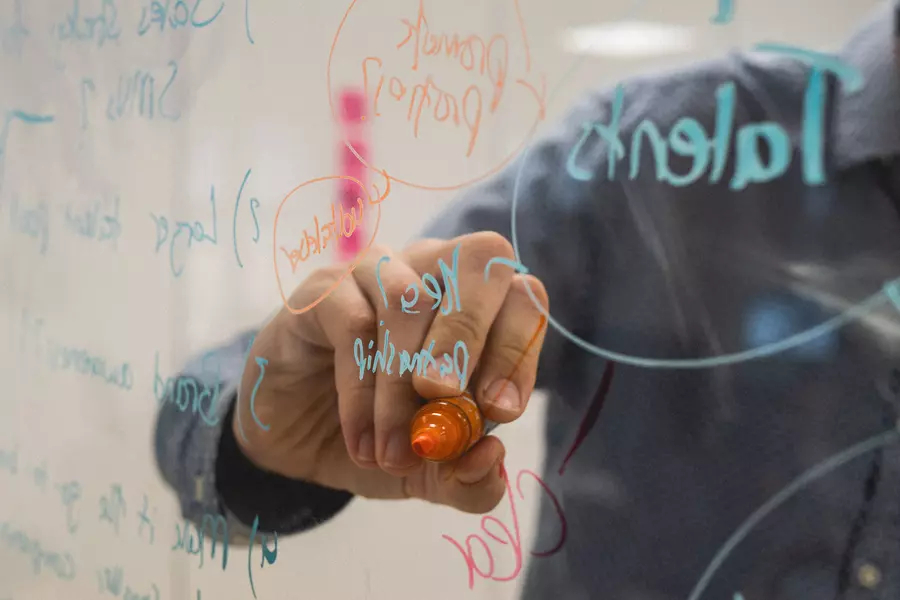Areas of focus
Munk School faculty members pursue research on a broad array of issues relating to global affairs and public policy. There are four areas of focus within the School in which we have particular strength and global expertise. These areas are interdisciplinary in nature and ones that will be central to global and policy challenges for generations to come. They intersect with each other and provide direction for research inquiry, public and policy engagement, and course development.
The Digital World
We live in a digital age. Disruptive technology, scientific advancements, and a global pandemic have forever changed the way we live and work. Our digital tools allow us to innovate, accelerate growth, and connect with one another as never before, but they often come with unexpected consequences.
Is artificial intelligence a force for good or a threat to our humanity? What are the consequences of our modern communications ecosystem for national security, human rights, and geopolitics? What will the rise of 5G networks, smart cities, robotization, and the internet of things mean for our daily lives? How does the rise of surveillance capitalism affect how we buy, interact, and behave in the world? What, if anything, should be done to regulate, reverse, or restrain this rapid acceleration?
Faculty leads: Jonathan Craft and Ron Deibert

The Political Economy of Innovation
The key to meeting many of the global challenges we face is growth. Growth that is focused on the long term, rooted in innovation: new ideas, products, services, and processes that generate value and have a real impact on people’s lives. But innovation alone isn’t enough — it must be inclusive, productive, and sustainable. It must contribute to a healthier, more equitable future for all.
What tools do we need to build an innovative economy? How can we implement policies that support inclusive innovation, equitable growth and fair distribution? How can we build a competitive advantage that leverages innovation? How can Canada innovate in health-related industries and health care policy?
Faculty lead: Dan Breznitz and Shauna Brail

The Changing World Order
The world as we know it has changed. The balance of power has shifted, fueled by the growing rivalry between the US and China, economic and social inequality, the backlash against globalization, and the erosion of international norms, institutions, and strategic alliances. As the world grapples with the existential threat of climate change and the disruption caused by COVID-19, the future feels more uncertain than ever.
How does the rivalry among superpowers and the retreat into regionalism affect global security, technology, supply chains, and trade flows? What role do non-state actors — social movements, non-governmental organizations, institutional investors, foundations, and more — have to play in this new political landscape? What does the weakening of our institutions mean for our ability to address inequality, uphold human rights, address the changing reality of borders, and save our warming planet? And what is Canada’s role in this changing world?
Faculty leads: Diana Fu and Mark Manger

The Future of Democratic Societies
We live in a time of rising inequality and social polarization. The engine of economic progress has left many behind, unable to earn a living wage or recover from a series of economic shocks. At the same time, political polarization is increasing and broadening. These phenomena all present significant threats to social cohesion and to democratic institutions.
What happens to our democratic institutions when many people feel marginalized and excluded? How do we confront the rise of populism? How do we reform justice institutions under stress? How can we build resilience, enhance social inclusion, and ensure a more inclusive, prosperous future for all?

